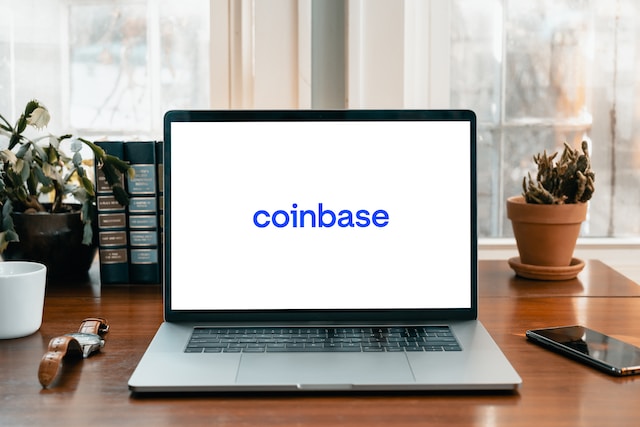
- In a legal dispute between Coinbase and the SEC, a judge questions Coinbase’s attempt to subpoena personal communications of SEC Chair Gary Gensler, citing doubts about their relevance.
- The case highlights ongoing tensions between cryptocurrency firms and regulatory bodies over transparency and legal boundaries.
In a pivotal development in the legal saga between Coinbase and the SEC, a recent court hearing has brought into question the exchange’s attempts to subpoena personal communications of SEC Chair Gary Gensler. The hearing, presided over by Judge Katherine Polk Failla of the District Court for the Southern District of New York, underscored skepticism over Coinbase’s legal maneuvers.
Coinbase had initially sought to access Gensler’s personal communications, arguing their relevance to an ongoing case. However, SEC attorneys vehemently opposed this request, asserting that such communications were extraneous to the matter at hand. Judge Failla echoed these concerns during the hearing, expressing disbelief at the breadth of Coinbase’s subpoena.
Kevin Schwartz, representing Coinbase, contended that Gensler’s pre-chair communications could provide crucial context. Yet, Judge Failla and SEC senior trial attorney Jorge Tenreiro maintained that these communications lacked relevance to the case’s core issues. They cautioned against setting precedents that could potentially compromise future regulatory integrity.
Despite her reservations, Judge Failla proposed a middle ground: Coinbase should file a formal motion to compel, which would allow for a more detailed legal deliberation. This approach seeks to balance the interests of both parties without undermining the SEC’s regulatory authority.
The legal dispute arose when Coinbase expanded its initial document request to include Gensler’s personal communications spanning six years. The SEC promptly opposed this expansion, labeling it an inappropriate intrusion into personal privacy and advocating for subpoenas directed solely at the agency.
Coinbase’s legal strategy hinges on the argument that these communications hold significant relevance to understanding regulatory expectations and industry norms. Their defense team maintains that the subpoena is a legitimate effort to gather pertinent evidence for their case.
This standoff not only underscores the tension between regulatory bodies and the cryptocurrency industry but also sets a precedent for future interactions between government officials and private enterprises. The outcome of Coinbase’s motion to compel could potentially influence how similar disputes are resolved in the future, shaping the boundaries of regulatory oversight in the digital asset landscape.
As the legal battle continues to unfold, stakeholders across the crypto sector are closely watching how this case will impact regulatory dynamics and corporate accountability in the burgeoning industry.




